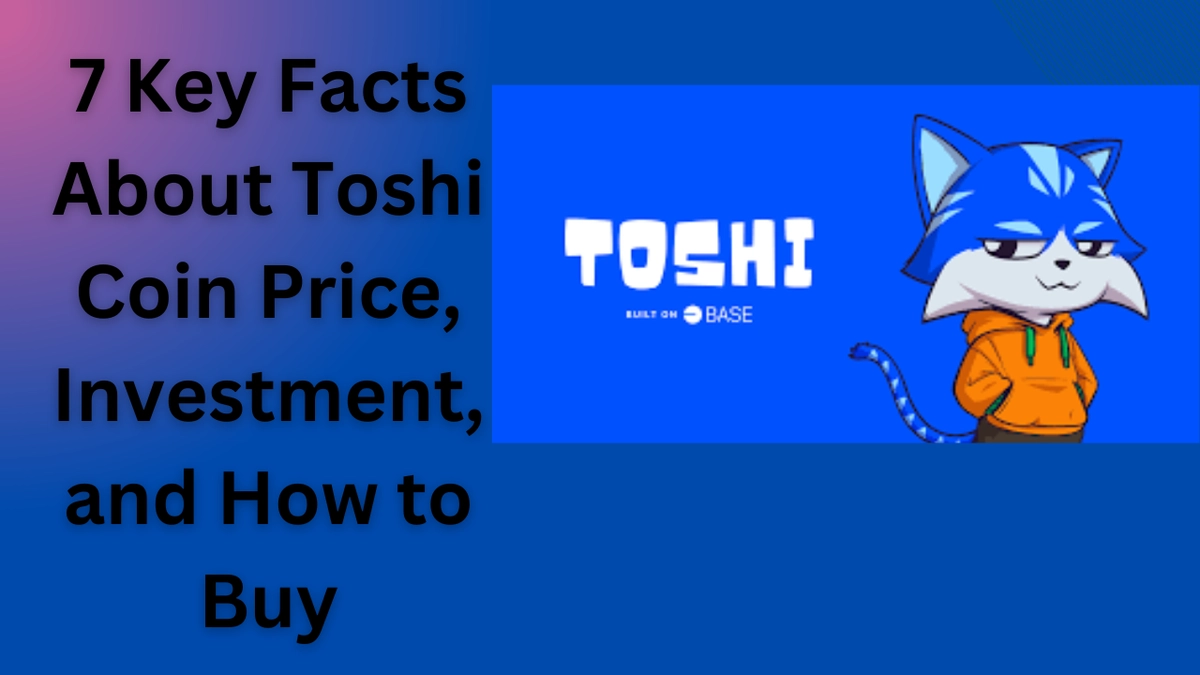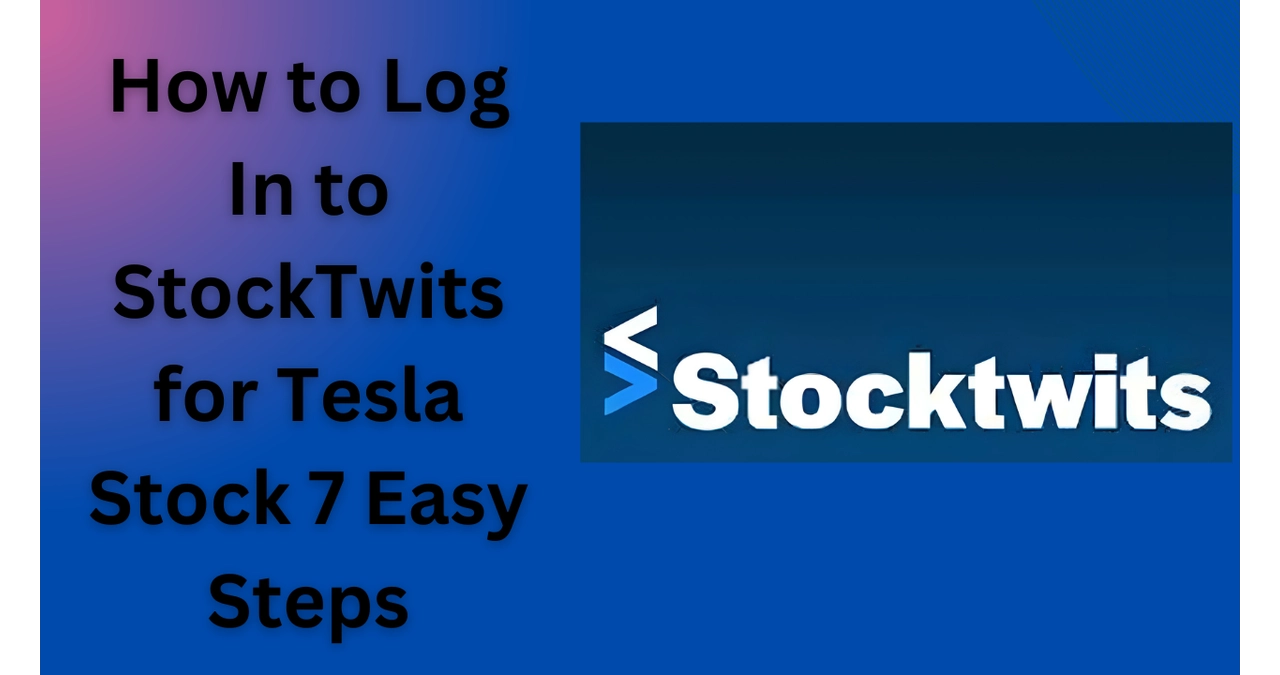In a major move to solidify their positions in South Korea’s fiercely competitive online retail sector, Alibaba Group Holding Ltd. (BABA) has announced an agreement to merge its South Korean operations with E-Mart Inc.’s e-commerce platform. This strategic merger, which will create a 50-50 joint venture between AliExpress International and G market, aims to give both companies a stronger foothold in the country’s fast-paced digital marketplace. The deal was confirmed by a stock exchange filing by E-Mart and follows a report by Bloomberg News.
This merger is seen as a pivotal moment for both Alibaba and E-Mart, as they look to compete more effectively against local rivals such as Naver Corp. and Coupang Inc. The joint venture will own 100% of Gmarket, a major player in South Korea’s e-commerce industry. According to sources familiar with the matter, the new entity could be valued at approximately $4 billion, a significant sum that underscores the ambition of both companies to dominate the South Korean e-commerce sector.
Alibaba and E-Mart Forge Strategic Alliance to Dominate South Korea’s E-Commerce Landscape
The strategic partnership between Alibaba and E-Mart is not just about pooling resources. It also represents a larger trend of international expansion by Alibaba, particularly as its growth slows in its domestic market. South Korea, with its highly connected and tech-savvy consumer base, represents an attractive growth opportunity for Alibaba, which has seen its core Chinese e-commerce operations struggle in the face of mounting competition from emerging players like PDD Holdings Inc. and ByteDance Ltd..
In a stock exchange filing, E-Mart confirmed the merger details, noting that the companies plan to make further investments into the joint venture. This consolidation could enhance Gmarket’s ability to compete directly with Naver and Coupang, both of which are already well-entrenched in the South Korean e-commerce landscape.
E-Mart’s stock responded positively to the news, rising 5.5% in Seoul. This increase reflects investor confidence in the future of the combined venture. Following the surge, E-Mart’s market value hit $1.4 billion, an indication of how much the market is betting on the success of the joint venture. Alibaba, on the other hand, has gained around 11% this year on the Hong Kong stock exchange, with a market value exceeding $200 billion, further illustrating the potential for both companies to grow from this partnership.
Strengthening Global Footprint Amidst Domestic Slowdown
The alliance between Alibaba and E-Mart comes at a time when Alibaba is rethinking its global strategy. The company has been under pressure in recent years as competition in China intensifies. Once a dominant player in China’s e-commerce sector, Alibaba has faced significant challenges from rivals like PDD Holdings and ByteDance, which have rapidly gained market share by appealing to price-sensitive consumers and leveraging new technology.
In response to these pressures, Alibaba’s CEO, Eddie Wu, who took over leadership more than a year ago, has been steering the company toward consolidation and a more focused investment strategy. Alibaba has begun integrating its domestic and international e-commerce operations under the leadership of Jiang Fan, a key executive at the company. Additionally, the company has been shedding non-core assets to refocus its resources on areas with higher growth potential.
Just last week, Alibaba agreed to sell its Intime department store business to Youngor Fashion Co. for around $1 billion, a move that will allow the company to offload non-essential holdings. Although this sale will result in a 9.3 billion yuan ($1.3 billion) loss on its initial investment in Intime, the deal is part of a broader strategy to streamline Alibaba’s operations and focus on more promising business areas.
The Competitive Landscape and Future Growth
The new Alibaba-E-Mart joint venture could have far-reaching implications for the South Korean e-commerce market. South Korea is home to a sophisticated and tech-savvy consumer base, making it a hotbed for online retail innovation. In particular, the South Korean market is defined by strong competition between local giants like Coupang, which is known for its fast delivery times, and Naver, a dominant search engine that also operates a popular shopping platform.
With Alibaba’s AliExpress and E-Mart’s Gmarket combining forces, the joint venture will have the resources and reach to challenge these incumbents. AliExpress, Alibaba’s international e-commerce platform, will benefit from greater access to South Korea’s advanced logistics networks, while Gmarket, already a major player in the local market, will gain the backing of one of the world’s most powerful e-commerce companies.
The partnership comes at a time when South Korea’s consumer confidence has taken a hit. According to recent reports, South Korea’s consumer confidence dropped by its largest margin since the outbreak of Covid-19, partly due to political turmoil and economic uncertainty surrounding the administration of President Yoon Suk Yeol. Despite these challenges, the merging of AliExpress and Gmarket will provide a counterbalance to the difficult domestic conditions, offering both companies an opportunity to expand despite the overall economic climate.
For Alibaba, the venture represents a chance to make up for the slower growth in its core Chinese market. The company has been actively pursuing international expansion, especially through acquisitions and partnerships with local players. Its investments in platforms like Lazada in Southeast Asia and AliExpress have been key to its international strategy. By strengthening its position in South Korea, Alibaba is diversifying its portfolio and positioning itself as a global leader in online retail.

The Future of Alibaba’s E-Commerce Empire
As Alibaba continues to refine its global strategy, the importance of international markets, particularly in Asia, cannot be overstated. South Korea represents a highly valuable market for both Alibaba and E-Mart, but the long-term success of the venture will depend on how well the companies can execute their integration plans and compete with entrenched local rivals.
E-Mart, for its part, has been actively expanding its e-commerce presence in South Korea. In 2021, the company made a bold move by acquiring a controlling stake in eBay Inc.’s South Korean online marketplace, valued at approximately $3 billion. This acquisition significantly boosted its presence in the local market, enabling it to expand into categories like groceries and general merchandise, areas that were traditionally dominated by offline retail.
The Alibaba-E-Mart merger may, therefore, be just the beginning of a series of strategic moves aimed at reshaping the competitive landscape of South Korea’s e-commerce sector. Given the size and scope of the companies involved, this joint venture could have ripple effects across the broader retail ecosystem, potentially pushing other companies to reconsider their strategies as they face increased competition from the newly formed alliance.
In conclusion, Alibaba and E-Mart forged a Strategic Alliance to Dominate South Korea’s E-Commerce Landscape, marking a significant step forward for both companies in their quest for dominance in the region. With their combined expertise and resources, they are poised to challenge existing competitors and take full advantage of the South Korean market’s potential, all while Alibaba continues to adjust its global strategy in response to changing conditions in China and beyond.
READ MORE NEWS
Wall Street Rallies Ahead of Christmas: A Rejuvenating Surge Despite Ongoing Inflation Concerns
China’s Anti-Dumping Investigation into EU Brandy Extended Amid Rising Tensions
Nippon Steel’s US Steel Takeover Plan Has Strong Support in U.S. Steelmaking Areas, Executive Says
From Academia to OnlyFans: Zara Dar’s Unconventional Career Shift









2 thoughts on “Alibaba and E-Mart Forge Strategic Alliance to Dominate South Korea’s E-Commerce Landscape”